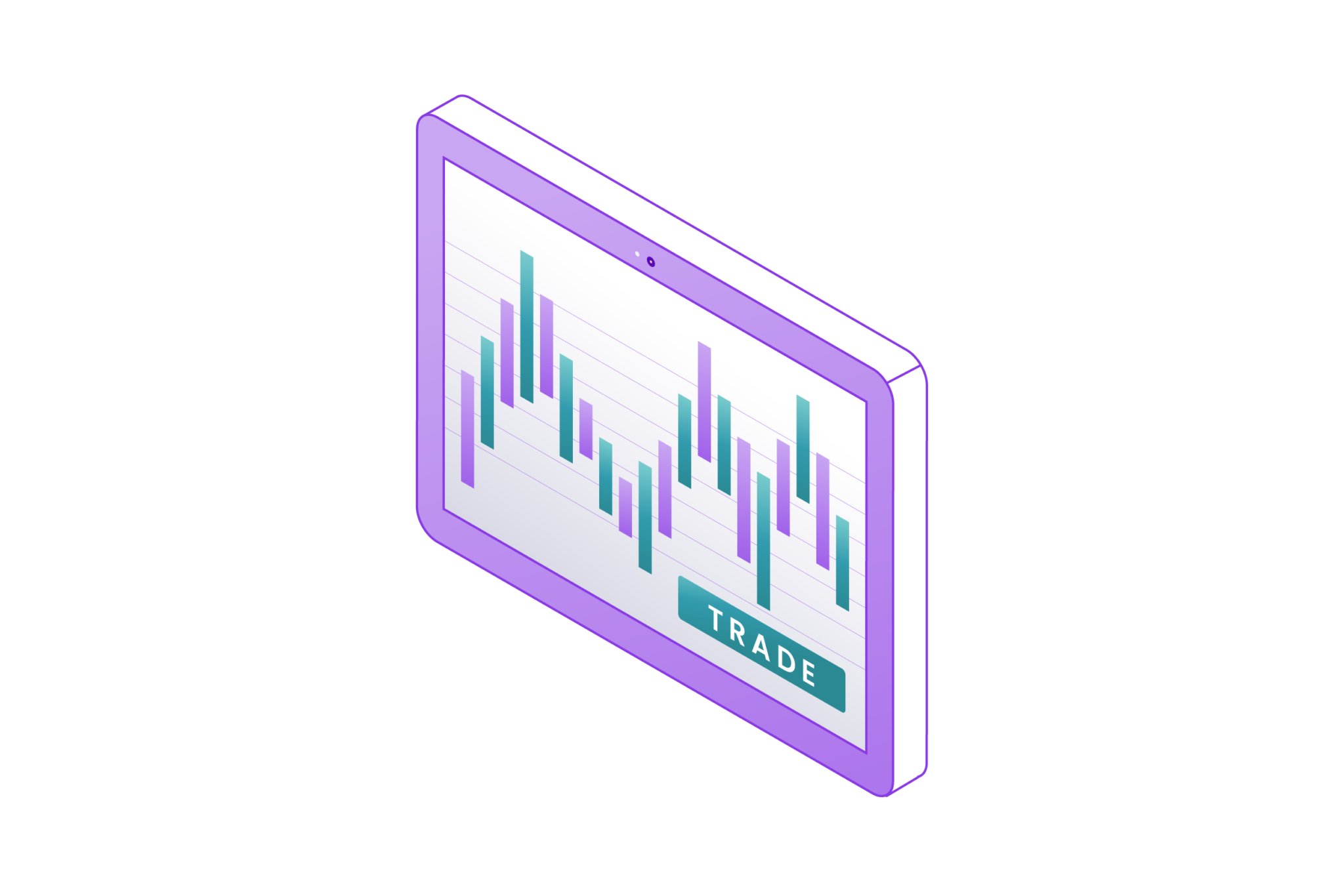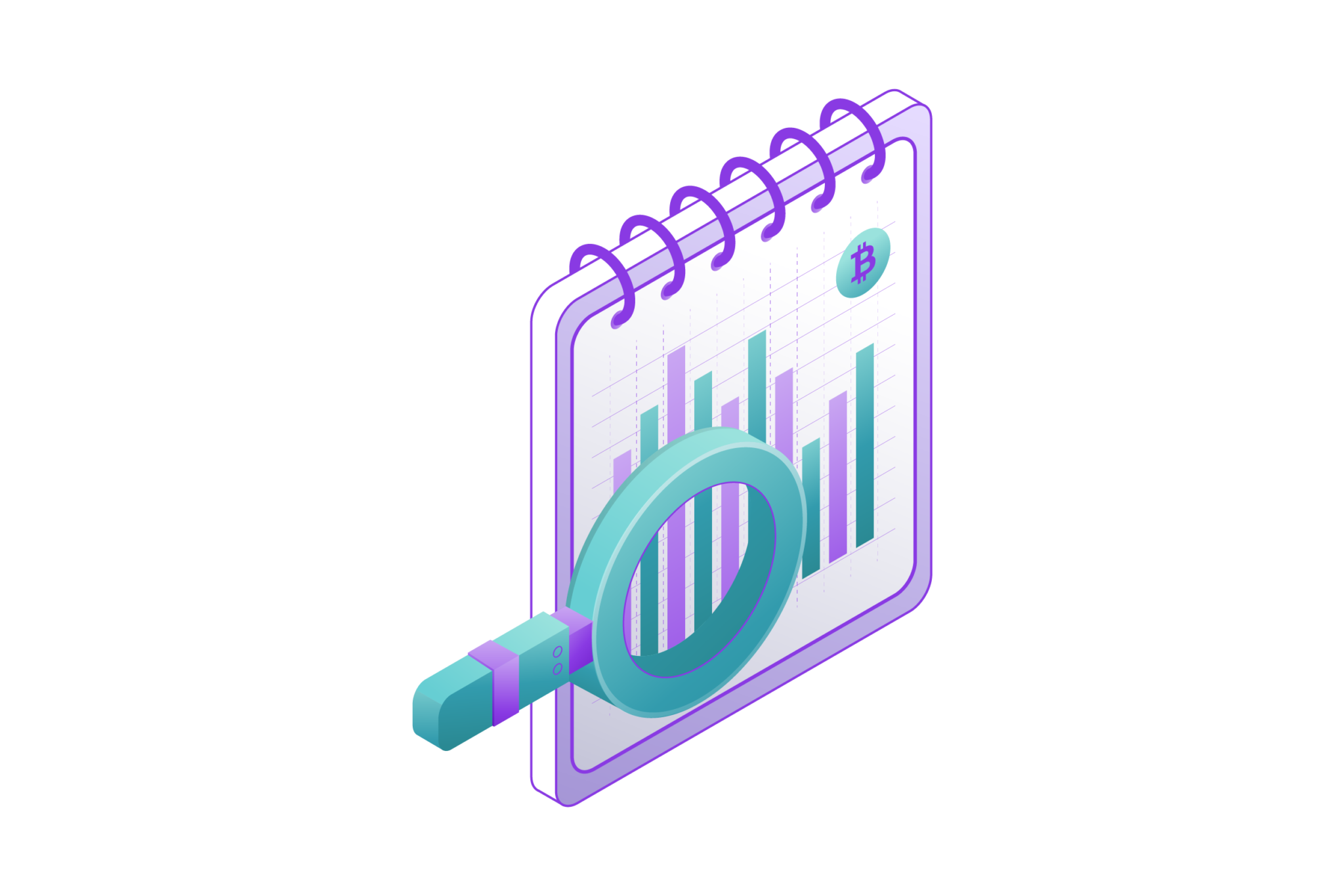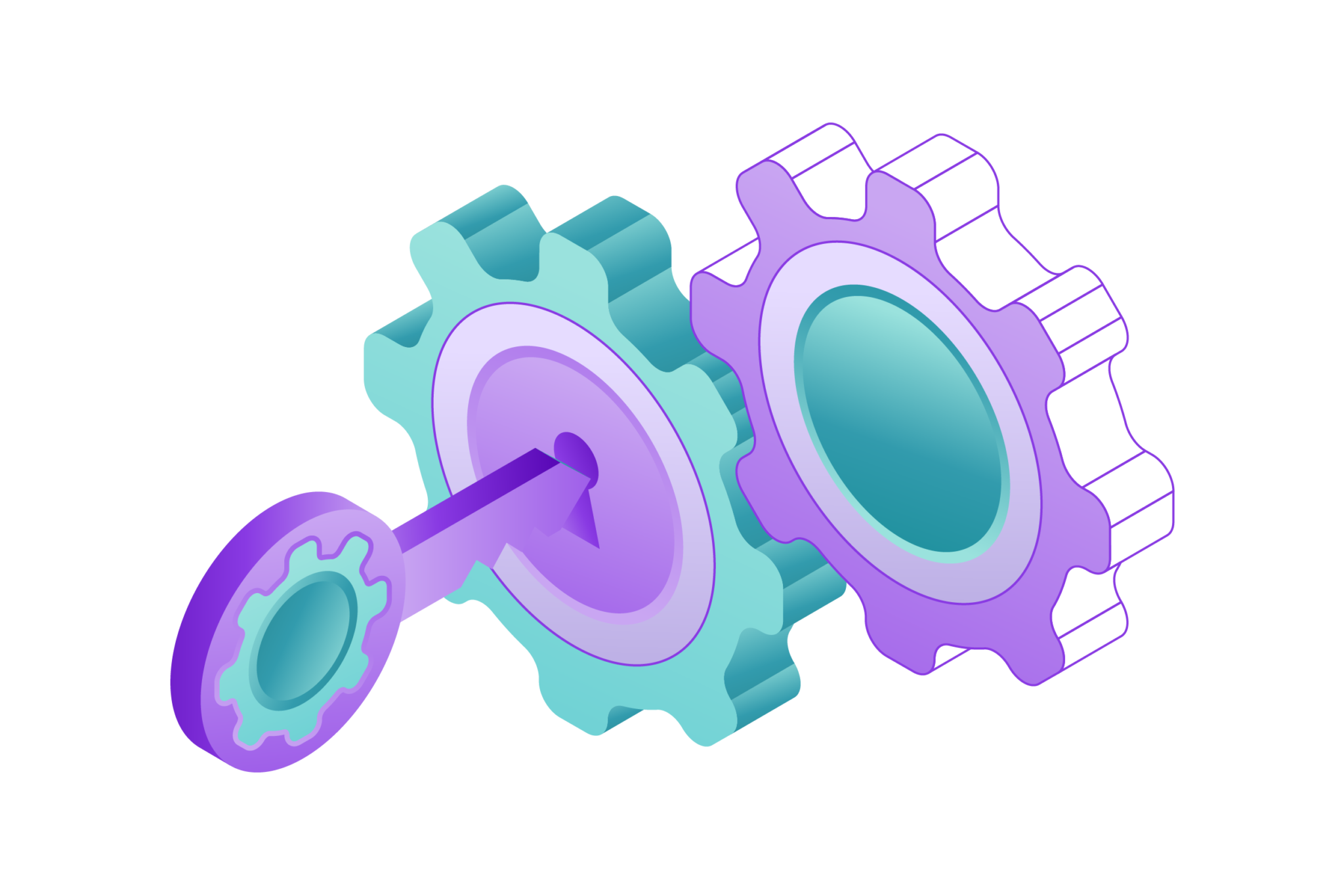
In this article, we’ll explore the main distinctions between Quant Traders and Quant Researchers, diving into their job functions, required skills, and the opportunities available in each career. Whether you’re interested in the fast-paced world of trading or the more analytical side of model development, this guide will provide you with valuable insights.
In the world of finance, quantitative analysis plays a crucial role in shaping trading strategies, managing risks, and driving market innovations. Two key roles within this domain are Quant Traders and Quant Researchers. While these roles may seem similar, they have distinct differences in their responsibilities, skill sets, and career paths.
A Quant Trader primarily focuses on executing trading strategies based on quantitative models, aiming to maximize profits by identifying market opportunities. On the other hand, a Quant Researcher is more concerned with the creation, testing, and refinement of these quantitative models. Understanding the key differences between these roles can help aspiring professionals choose the path that aligns with their strengths and career goals.
What is a Quant Trader?

A Quant Trader is a professional who uses quantitative models and algorithms to make data-driven trading decisions. Their primary focus is on developing and implementing strategies that capitalize on market inefficiencies or trends. Quant Traders operate in various markets, including equities, commodities, and derivatives, relying heavily on mathematical models and automated trading systems.
The role of a Quant Trader involves both the creation and execution of trading strategies. Once a strategy is developed, it is often automated using algorithms that can execute trades at high speeds and volumes, taking advantage of market opportunities in real time. Quant Traders constantly monitor their models, making adjustments as needed to maintain profitability in changing market conditions.
Success in this role requires not only a deep understanding of quantitative analysis and financial markets but also the ability to work quickly and manage risk. Quant Traders often work under high-pressure environments, where quick decision-making and adaptability are key.
What is a Quant Researcher?

A Quant Researcher is responsible for the development and testing of quantitative models that inform trading strategies. Unlike Quant Traders, who focus on executing trades, Quant Researchers delve deep into the theoretical and mathematical foundations of these strategies. They conduct extensive research, often using statistical techniques, machine learning, and historical data analysis to build and refine models that can predict market behavior.
Also Read: 12 Best Financial Engineering Programs this 2024
Quant Researchers work on the back end, creating the frameworks that Quant Traders use to make decisions. Their work involves gathering large datasets, performing simulations, and testing different algorithms to identify patterns or signals that can be translated into profitable trading strategies. These strategies can range from high-frequency trading systems to long-term investment models.
While Quant Researchers are less involved in real-time trading, their role is crucial for the overall success of a trading firm. They must stay updated on the latest advancements in finance, mathematics, and technology, constantly iterating on models to improve their accuracy and efficiency. Strong skills in programming, data analysis, and a solid grasp of financial theory are essential in this field.
Key Differences Between a Quant Trader and a Quant Researcher

Although Quant Traders and Quant Researchers operate within the same domain of quantitative finance, their roles, focus areas, and day-to-day activities are distinct. Understanding these differences can help aspiring professionals identify which path aligns better with their skills and career objectives.
Focus of Work
Quant Traders are primarily focused on the application of trading strategies. Their day-to-day involves monitoring market movements, executing trades, and adjusting strategies to optimize returns. In contrast, Quant Researchers are more concerned with the research and development of the models behind these strategies. Their work is more theoretical and involves deep analysis, simulations, and model testing.
Skill Sets
While both roles require strong mathematical and programming skills, Quant Traders need to be quick decision-makers who thrive in high-pressure environments. They require a practical understanding of markets and the ability to manage risk effectively. On the other hand, Quant Researchers emphasize analytical skills and creativity in problem-solving, focusing more on statistical analysis, model accuracy, and long-term performance.
Tools and Technologies
Quant Traders rely on trading platforms, real-time data feeds, and execution algorithms to make quick trading decisions. Their tools are designed for speed and efficiency. Quant Researchers, on the other hand, work with large datasets, programming languages like Python and R, and statistical software to develop and refine their models. They are also more involved in using machine learning techniques and backtesting frameworks.
Work Environment
The work environment for a Quant Trader is typically fast-paced, with a focus on real-time market activities. It’s a results-driven role where success is often measured by short-term performance. Quant Researchers, by contrast, work in a more research-oriented, academic-like environment where deep analysis and model development take center stage. Their contributions are evaluated based on the effectiveness and profitability of the models they develop.
Time Horizon
Quant Traders often work with short-term strategies that require constant monitoring and adjustments. Their models are designed for quick execution, typically in milliseconds to hours. On the other hand, Quant Researchers may focus on longer-term strategy development, aiming for robustness and adaptability in different market conditions. Their models might be applicable over weeks, months, or even longer periods.
Choosing between a career as a Quant Trader or a Quant Researcher depends largely on where your interests and strengths lie. If you thrive in fast-paced environments and enjoy the thrill of making real-time decisions, a career as a Quant Trader might be more suitable. However, if you have a passion for deep analysis and enjoy building complex models, the role of a Quant Researcher could be a better fit. Both roles offer exciting opportunities in the world of finance, with distinct paths that cater to different skill sets and professional aspirations.
Skills Required for Quant Traders vs. Quant Researchers
While both Quant Traders and Quant Researchers operate in the same quantitative finance domain, their roles demand different skill sets tailored to their specific responsibilities. Let’s break down the skills crucial for each role:
Quant Trader Skills
- Market Knowledge and Financial Acumen: Quant Traders must possess a deep understanding of financial markets, trading instruments, and economic factors that influence market behavior. Their ability to interpret market signals and act on them quickly is essential for successful trading.
- Risk Management: Given the high stakes involved in trading, risk management skills are paramount. Quant Traders need to be adept at assessing the potential downside of trades and adjusting strategies to limit losses while maximizing profits.
- Programming and Automation: Proficiency in programming languages like Python, C++, or Java is essential for developing automated trading algorithms. Understanding how to backtest and optimize these algorithms is crucial for maintaining profitable trading strategies.
- Decision-Making Under Pressure: The fast-paced nature of trading requires the ability to make swift and informed decisions. Quant Traders must stay composed, even in volatile market conditions, and act with confidence based on data-driven insights.
- Mathematics and Quantitative Analysis: A solid foundation in mathematics, particularly in statistics and probability, helps traders interpret data and optimize strategies for better outcomes.
Quant Researcher Skills
- Advanced Mathematics and Statistical Analysis: Quant Researchers need to have deep expertise in areas like calculus, linear algebra, and probability. These skills are fundamental for creating and refining mathematical models that drive trading strategies.
- Programming and Data Analysis: Expertise in programming languages such as Python, R, and MATLAB is crucial for developing and testing models. Quant Researchers often handle large datasets, so proficiency in data manipulation, machine learning, and statistical analysis is vital.
- Model Development and Backtesting: A significant part of a Quant Researcher’s role involves developing models and running extensive backtests to validate their effectiveness. They need to be meticulous in testing different scenarios and ensuring models can perform under varying market conditions.
- Research-Oriented Mindset: Quant Researchers are tasked with exploring new ideas, experimenting with different approaches, and staying updated with advancements in both finance and technology. A curious, research-driven attitude is key to excelling in this role.
- Attention to Detail: Small errors in a model can lead to significant financial losses. Quant Researchers must be detail-oriented and rigorous in their approach to data analysis, ensuring the accuracy and reliability of their models.
Though there is some overlap in the skills required for these roles, the emphasis differs based on the nature of the work. Quant Traders focus more on quick decision-making, risk management, and real-time execution, while Quant Researchers prioritize model development, statistical analysis, and theoretical exploration. Both career paths require a strong foundation in quantitative analysis, but the specialized skills needed for each can guide your decision based on where your strengths lie.
Career Path and Opportunities
The career paths for Quant Traders and Quant Researchers, while distinct, offer numerous opportunities for growth and specialization. Depending on your skills and interests, both roles present rewarding trajectories in the financial industry.
Quant Trader Career Path
The path to becoming a Quant Trader typically starts with a strong foundation in finance, mathematics, or computer science. Entry-level positions often include roles like Junior Trader or Trading Analyst, where individuals gain hands-on experience in executing trades and managing portfolios. As they progress, traders can move up to Senior Trader or Portfolio Manager roles, where they take on more responsibility for larger capital allocations and complex trading strategies.
Career growth for Quant Traders often depends on performance metrics such as profitability and risk management. Those who consistently deliver strong results may be offered leadership positions within trading desks or hedge funds, potentially leading entire trading teams. Some experienced traders eventually transition into proprietary trading, starting their own trading firms where they have more control and flexibility.
Quant Researcher Career Path
The career journey for a Quant Researcher usually begins with academic qualifications such as a PhD or Master’s degree in a quantitative field like mathematics, physics, or statistics. Early career positions typically involve working as a Quantitative Analyst or Research Assistant, where the focus is on data analysis, model development, and backtesting.
As they gain experience, Quant Researchers can advance to positions like Senior Quantitative Researcher or Lead Quantitative Analyst. These roles involve overseeing research projects, mentoring junior researchers, and contributing to high-level strategy development. Some researchers also specialize in niche areas like machine learning or algorithmic trading, which can open up additional opportunities in fintech and AI-driven investment firms.
In the long term, experienced Quant Researchers might transition into more strategic roles such as Chief Data Scientist or Director of Research. They may also shift to the academic sector, contributing to financial research or teaching at universities, or even moving into consulting, offering expertise to trading firms and financial institutions.
Cross-Over and Hybrid Roles
Although the paths for Quant Traders and Quant Researchers are distinct, there is some overlap. For instance, a successful Quant Researcher with an interest in trading may transition to a trading role, especially if they develop models that perform exceptionally well. Similarly, Quant Traders who wish to focus more on model development can shift toward research-oriented roles. Hybrid roles, such as Quantitative Portfolio Manager, blend trading and research responsibilities, requiring professionals to wear both hats effectively.
Also Read: FDV vs Market Cap: Understanding the Key Differences
Both career paths offer exciting prospects in the financial industry, with ample opportunities for advancement and specialization. Whether your goal is to thrive in a high-stakes trading environment or contribute to cutting-edge research, understanding the career trajectory in each role can help you make informed decisions about your future.
Conclusion
Quant Traders and Quant Researchers play essential yet distinct roles in the financial industry. Quant Traders focus on the fast-paced execution of strategies, leveraging quantitative models to make real-time decisions that drive profitability. Their success depends on quick thinking, market intuition, and a strong grasp of risk management.
In contrast, Quant Researchers are the architects behind these strategies, dedicating their efforts to building, testing, and refining models. They emphasize deep analysis, statistical rigor, and long-term strategy development. Their contributions, though less immediate, are crucial for creating robust models that traders rely on to generate consistent returns.
Both career paths offer rewarding opportunities based on your strengths and interests. Whether you’re drawn to the excitement of trading or prefer the research-driven approach to model development, understanding these roles can guide your career in quantitative finance. The decision ultimately comes down to whether you prefer to be on the trading floor executing strategies or behind the scenes developing the models that power them.
Disclaimer: The information provided by Quant Matter in this article is intended for general informational purposes and does not reflect the company’s opinion. It is not intended as investment advice or a recommendation. Readers are strongly advised to conduct their own thorough research and consult with a qualified financial advisor before making any financial decisions.

I'm Carina, a passionate crypto trader, analyst, and enthusiast. With years of experience in the thrilling world of cryptocurrency, I have dedicated my time to understanding the complexities and trends of this ever-evolving industry.
Through my expertise, I strive to empower individuals with the knowledge and tools they need to navigate the exciting realm of digital assets. Whether you're a seasoned investor or a curious beginner, I'm here to share valuable insights, practical tips, and comprehensive analyses to help you make informed decisions in the crypto space.
- Carinahttps://quantmatter.com/author/carina/
- Carinahttps://quantmatter.com/author/carina/
- Carinahttps://quantmatter.com/author/carina/
- Carinahttps://quantmatter.com/author/carina/
